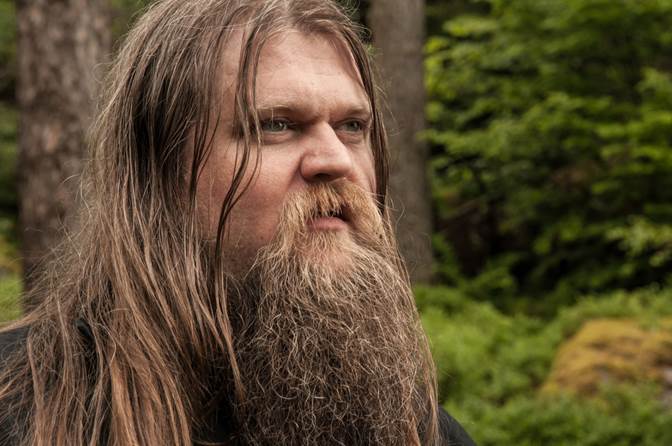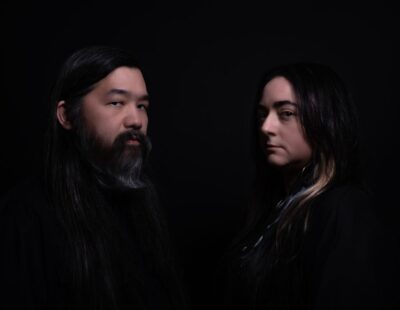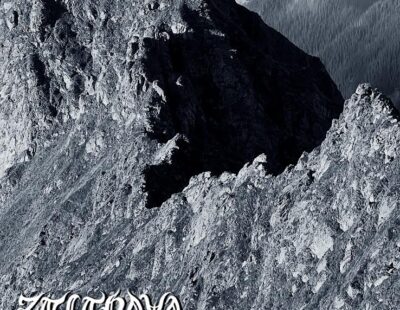
Ivar Bjørnson is best known around these parts for his groundbreaking work with Enslaved. He helped write an ever-expanding canon of music loved by metal fans around the world. However, Bjørnson has always revered electronic music, particularly the type that falls into the “dark wave” category. Just a day before Decibel hosts a weekend in Philadelphia that includes both the Choosing Death Fest and a Grimposium exploring many facets of death metal, Bjørnson will be in New York City to give his first ever North America performance of Bardspec material as part of a separate Grimposium event on April 14. Bjørnson talked to Decibel about his love of electronic music and what metal fans can expect when they hear his other work.
Most people know you through your work with Enslaved. Can you tell us a little more about the Bardspec project?
I’ve been into electronic music and ambient stuff and dark wave for a long time. But I’d only done demo stages of stuff at home. In the last few years, I’ve been able to set up better recording facilities at home. I started putting some ideas together that were more professional and developing them. But I didn’t know what do with them because I come from the metal world. I don’t have any connections in the electronic world. I was helping curate Roadburn in 2015 and this weird thing happened. I was talking to the festival manager and we’re naming all the bands we’ve booked for Friday. Then he gives a description of one type of band we’re missing. And I was like: “this is like the project I’ve been doing on my own!”
What kind of dark wave music interested you?
It’s such a diverse scene. You have bands that can be called ‘ambient.’ Swans tap into that sort of thing. Death In June is pretty acoustic but is part of it. There’s also a bunch of underground stuff.
What about that music appealed to you when you’ve listened to so much extreme metal?
In extreme metal the common denominator is a lot of monotony, at least in black metal. It creates a trance state through repetition and sound. It wears down the upper levels of consciousness and creates a mind space through that. Electronics and dark wave and metal are all trance inducing music. I like that (electronic music) induces a state that allows me to determine where to go with the music. And it has this underlying esoteric quality to it.
Why did you decide to move on the project recently? Was it your experience at Roadburn?
I think a lot of people in the scene would listen to and embrace this kind of music now. We have a blend of ambient music and instrumentation with a dark vibe. I gave it a try at Roadburn and it was very successful. The feedback from people was that they felt very much at home. It had a lot of the same ideas and atmosphere that were presented through Enslaved except in a different idiom.
Is there a natural bridge with your work Enslaved and Bardspec? Will Enslaved fans appreciate it?
I think so, yes. It does lack the rock and roll factor. I’m totally comfortable with Enslaved but I like getting to work in a situation where people are in the back seat and it’s all about the atmosphere and the video art and the lights. It doesn’t matter if I’m ducking down and twisting knobs. You are interacting via proxy and that’s a delicious variation. Some people in the metal scene will find the actual expression is a turn-off but if you can get past that you will find a lot of common denominators.
Metal fans are much more comfortable with different forms of expression than many people expect.
Exactly. I think I’m an example of that.
Were you at all apprehensive about the reception?
I think being identified with Enslaved actually made it easier. We’ve been through all that stuff. We were there at the end of the 90s when people would start arguments about why you didn’t use blast beats!
What would you tell someone who knows your work with Enslaved if they came to see Barspec?
I’d say to expect a somewhat similar musical experience, but one that will take you to different paths. It’s a different way of writing music but it reaches a lot of the same conclusions.






